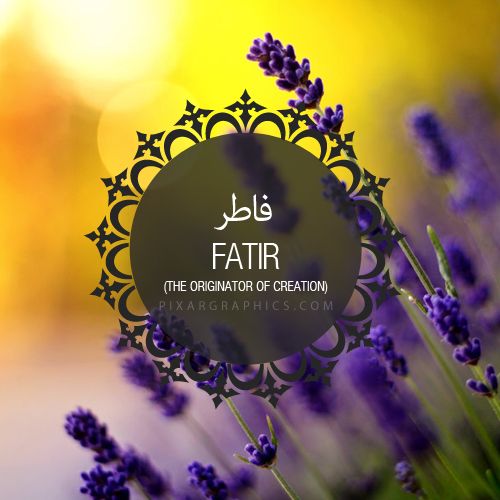This chapter focuses on three principles and establishes proof for them:
- The oneness of God in His lordship.
- The message of the Messenger.
- The return to God [in the afterlife].
To facilitate that, the text recollects some magnificent divine blessings, heavenly and earthly, and points to His precise administration of the universe, in general, and of humanity, in particular.
This is preceded by an overall mention of how God is the only one who can grant or restrict mercy – that is, endow or restrict blessings – in the verse: Whatsoever mercy God opens unto mankind, none shall withhold… (35:2).
And this is preceded by mention of the agents of His extended mercy and gifted blessings. They are the angels, mediating between Him and His creation, in delivering different types of blessings from Him and bringing them to His creation. Thus, the chapter begins by mentioning them.
The chapter is Meccan, as the content of the verses indicates. However, some exegetes have excluded two verses from this and it is not clear from the content of these verses (29 & 32) whether they were revealed in Mecca or Medina:
- Those who recite the book of God and establish the prayer and spend of what We have provided them secretly and openly, hoping for an exchange that will never perish. (35:29)
- Then we gave the book as an inheritance to those of our servants whom We chose. Among them is the one who wrongs his own soul, and among them is the one who takes a middle course, and among the is the one who is foremost in acts of good by the permission of God. This is a high grace. (35:32)





